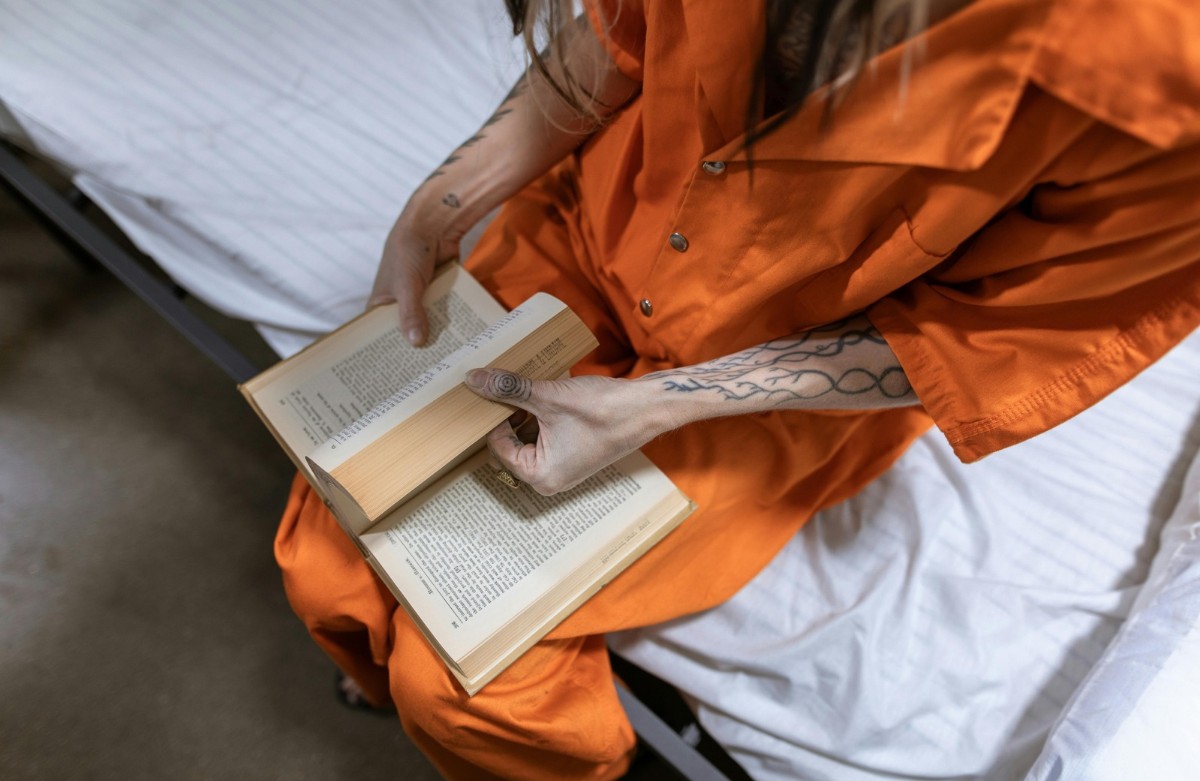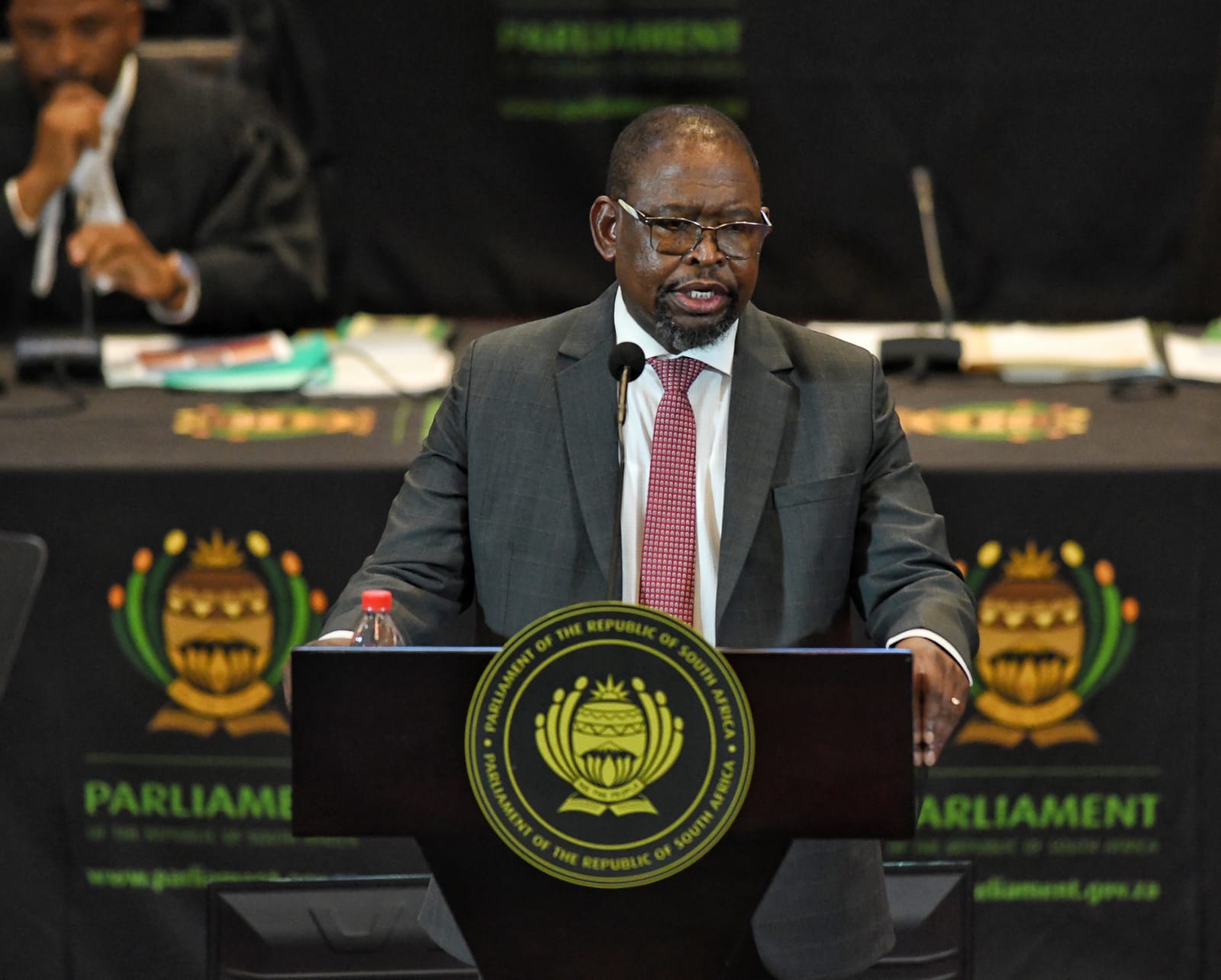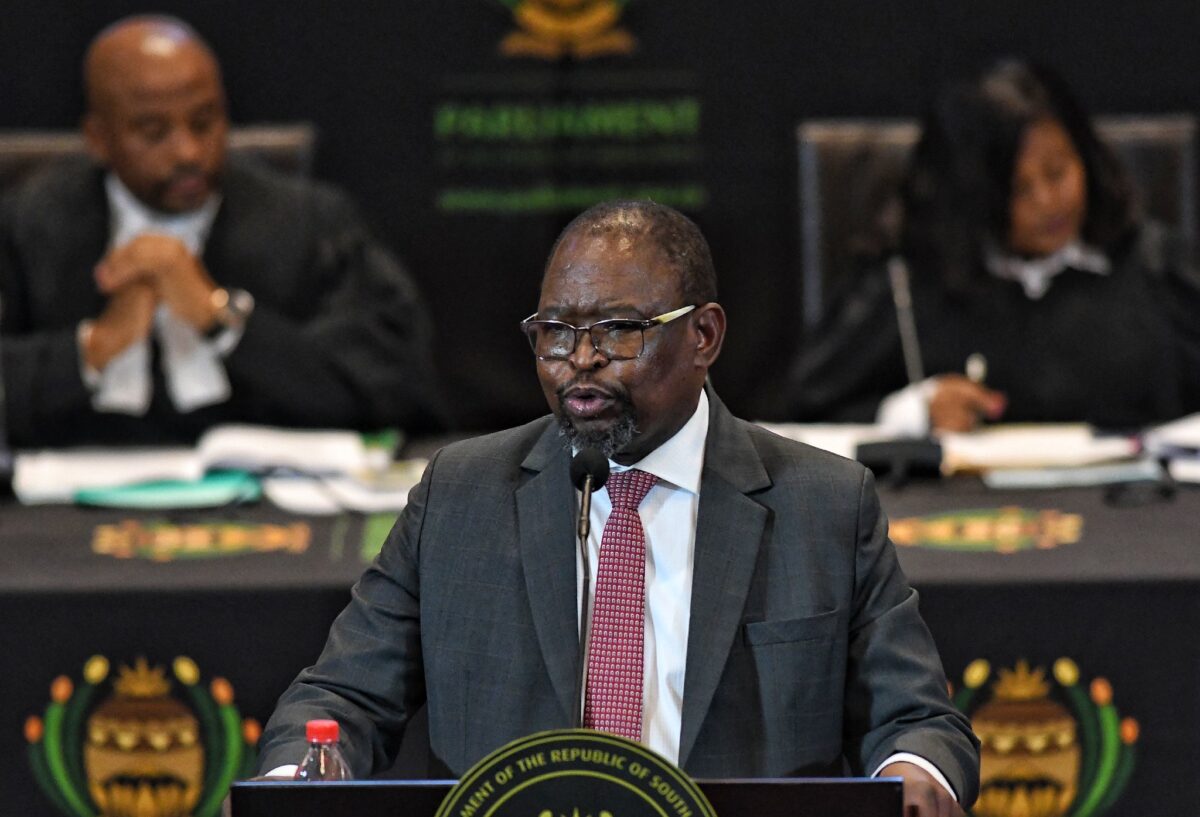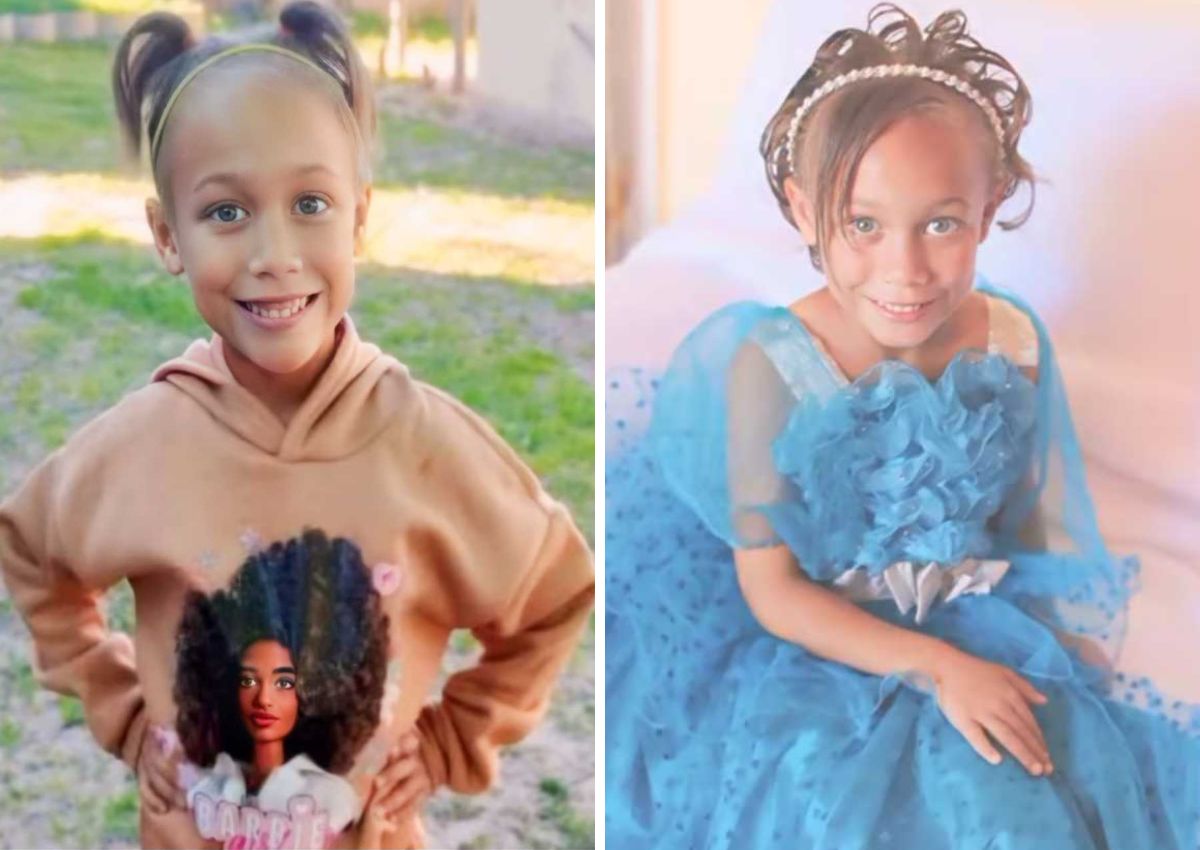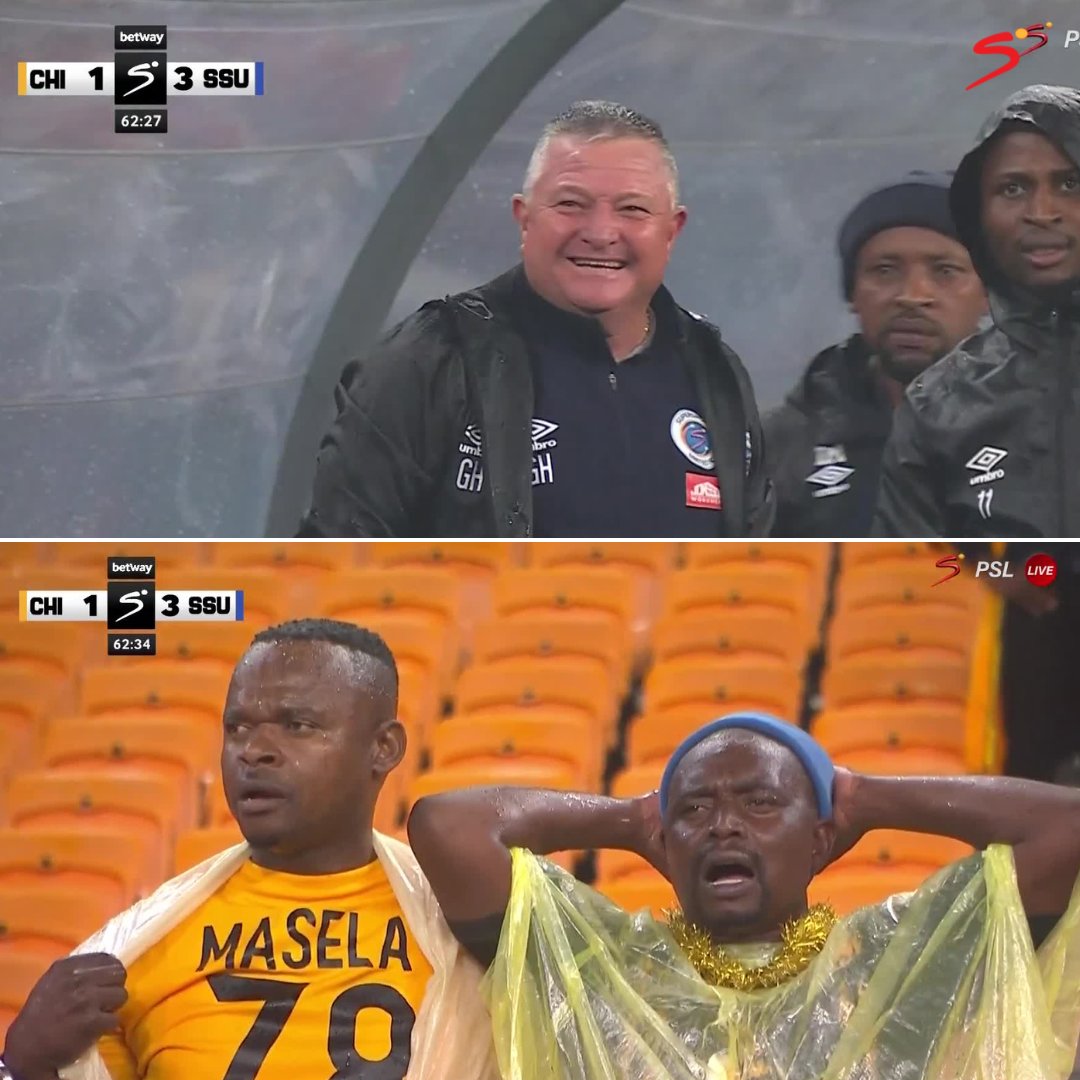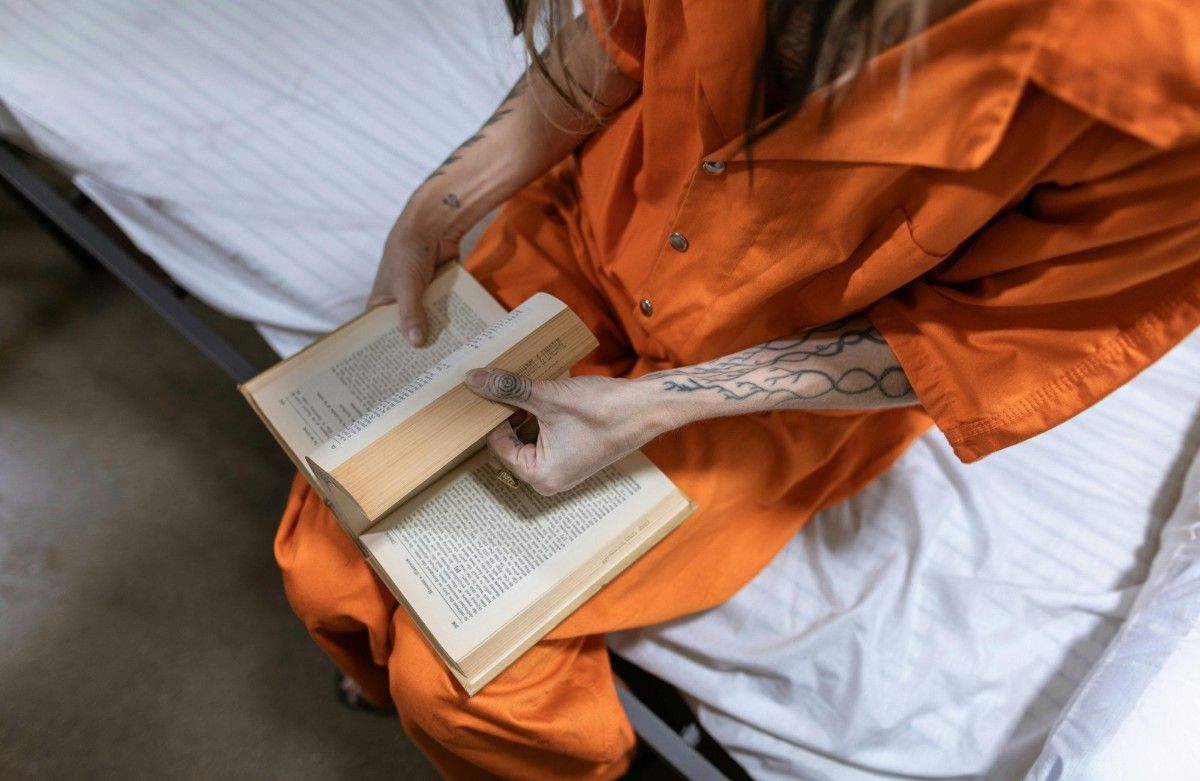
Approximately 171 prison inmates sat down to write the 2024 National Senior Certificate (NSC) examinations and 104 learners obtained a bachelor’s pass. The inmates achieved a 96.2% pass rate, surpassing the 93.2% achieved in 2023. There were 13 out of 17 schools that obtained 100%.
They also surpassed the South Africa’s national pass rate of 87.3%.�
FORMAL EDUCATION: A REHABILITATION FOR PRISON INMATES?�
The national commissioner of Correctional Services, Makgothi Samuel Thobakgale, stated that education offered inmates a path to a new life.
“Education not only empowers offenders with knowledge but also offers them a path to a new life. It remains our commitment to provide growth and development opportunities for every inmate, as we believe in the power of education to transform lives,” he said.
The Department of Correctional Services added that formal education plays a role in rehabilitating inmates while they are at their centres. �
The Correctional Services class of 2023 achieved a pass rate of 93.2%, with more than eight schools achieving 100%. In 2024, a system known as the Intelsat Telematics System was introduced at the Johannesburg Correctional Centre. The system is meant to offer easy access to study materials needed by inmates and their educators.�
DCS MATRIC PASS RATE OVER THE YEARS
- YEAR 2015– 73%
- YEAR 2016- 72%
- YEAR 2017- 77%
- YEAR 2018- 77%
- YEAR 2019– 82.6%
- YEAR 2020- 86.3%
- YEAR 2021- Full-time matric pupils 89.83% and 77% for both full-time and part-time.
- YEAR 2022- 87.5%
- YEAR 2023- 93.2%�
- YEAR 2024- 96.2%
DEPARTMENT OF CORRECTIONAL SERVICES EDUCATION PROGRAMMES
The Department of Correctional Services offers several education programmes that are meant to give prisoners a second chance at life.�
EARLY CHILDHOOD DEVELOPMENT
There are support services and systems provided to mother and child care units in terms of early childhood development (ECD).
AWAITING TRIAL DETAINEES, PAROLEES AND PROBATIONERS
The Directorate of Formal Education provides administrative support, study guidance, counselling and other relevant support to awaiting-trial detainees, parolees and probationers.�
CHILDREN OF SCHOOL-GOING AGE
Educational opportunities are provided to imprisoned children who are 15 years old and younger. The Department of Education provides a curriculum for child inmates.�
PRE-ADULT BASIC EDUCATION AND TRAINING (ABET)�
Pre-ABET programmes provide inmates with the opportunity to learn to read and write. The course is a bridging phase to ABET level one. ABET is available from level one to level four.
FURTHER EDUCATION AND TRAINING (FET)
Free education up to matric, including N1-N3 business studies, is provided to sentenced juveniles and adult candidates, where educational qualifications can be obtained using distance learning at their own expense.�
HIGHER EDUCATION AND TRAINING (HET)
In HET, all courses are done through distance learning at the offenders’ own pace and expense. This programme includes diplomas, first degrees, occupational certificates, higher diplomas, professional qualifications, higher degrees, further research degrees and doctorates.�
COMPUTER-BASED LEARNING
This programme provides learners with computer skills by training them in courseware applications.�
What’s your thoughts on prison inmate education?
Let us know by clicking on the comment tab below this article or by emailing info@thesouthafrican.com or sending a WhatsApp to 060 011 021 1
You can also follow @TheSAnews on X and The South African on Facebook for the latest news.
